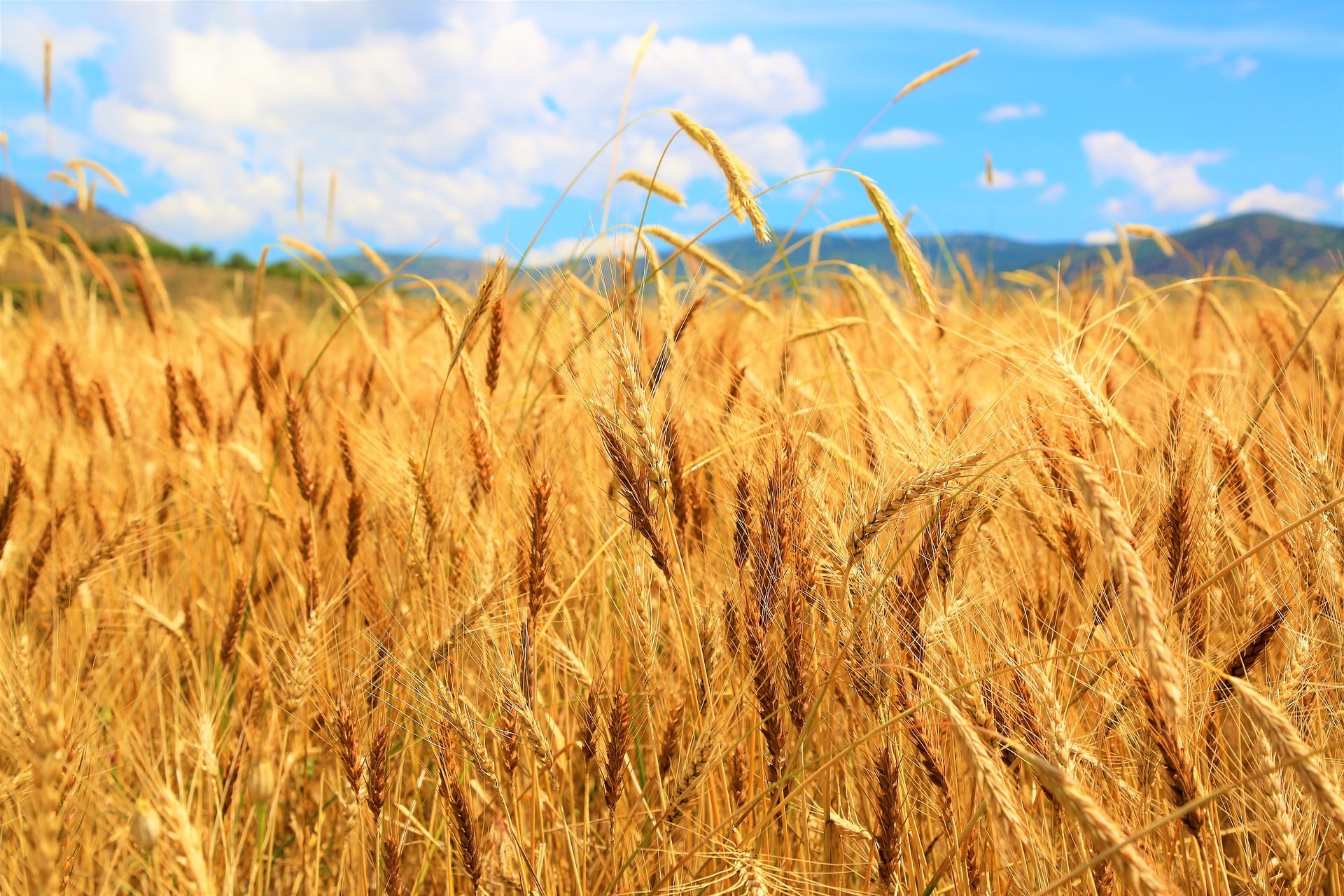BASF has introduced its new brand for hybrid wheat seeds, Ideltis. It demonstrates the company’s commitment to transition wheat for long-term success through innovative hybridization.
BASF’s hybrid wheat is intended to provide farmers with higher and more stable performance in yield and quality to advance one of the world’s most important crops.
“Ideltis stands for our commitment to hybrid wheat and the transition of the wheat crop system in the longterm,” says Vincent Gros, president, BASF Agricultural Solutions. “With Ideltis, we are unlocking the full potential of wheat. Through our global research platform, we anticipate providing growers and the entire value chain hybrid wheat that is tailored to their local needs and consistently delivers better, more stable yield.”
“Hybrids are already used in many crops, but wheat and the production of hybrid wheat seeds is complex. This is why it took time to develop breakthrough technologies that enable future broad commercialization of hybrid wheat,” says Jochen C. Reif, head of the Department of Breeding Research at Leibniz Institute of Plant Genetics and Crop Plant Research, Gatersleben, Germany, one of the world’s leading institutions in this field.
“To feed a growing population, we need to significantly increase wheat yield. Both, public as well as private breeding initiatives for hybrid wheat, like the one at BASF, are essential to achieve this,” says Stephen Baenziger, Professor Emeritus of agronomy at University of Nebraska-Lincoln, who is an internationally acclaimed expert in plant breeding and specialized in wheat cultivar development. “With Ideltis hybrid wheat, farmers will have new, promising seed choices.”
Ideltis hybrid wheat is expected to be available from the middle of the decade, initially for farmers in key wheat growing regions in Europe and North America.












